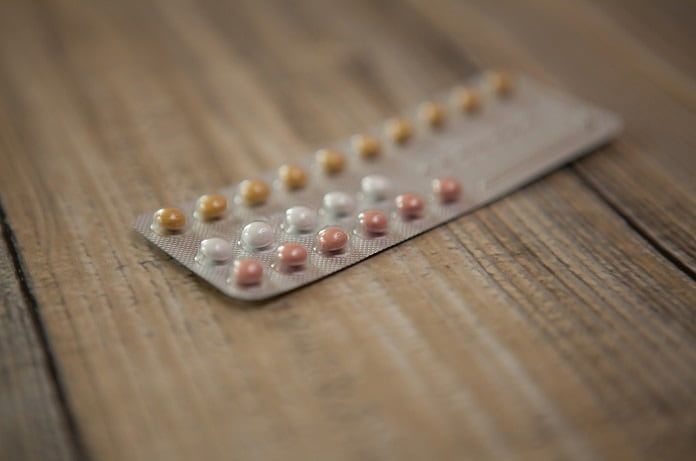Modern hormonal contraceptives are used frequently worldwide among women. A research group recently analyzed whether modern hormonal contraceptives affected breast cancer risk among pre-menopausal women in Denmark.
It is estimated that over 140 million women worldwide use hormonal contraception. The hormone estrogen is known to contribute to the initiation of breast cancer. Because hormonal contraception is still quite a modern form of contraception, there are many unknowns with regards to its association with breast cancer risk. New hormones, particularly progestin, that are being introduced as hormonal contraceptives are raising concern with regards to breast cancer risk.
Research on Progestin is Limited
There has been very limited research that has examined the role of hormonal contraceptives containing progestin and their potential risks. Most of the research has been in post-menopausal women, and there is insufficient information for pre-menopausal women regarding the use of hormonal contraceptives from a young age and its risk of breast cancer. This is why it’s imperative that more studies need to analyze this age group of women who are using hormonal contraceptives.
Lina Morch and her research team from the University of Copenhagen analyzed breast cancer risk and the use of hormonal contraceptives among women in Denmark. Their findings were recently published in the New England Journal of Medicine. They used nationwide registries to find information about women between 15 and 49 years and their use of hormonal contraceptives, breast cancer diagnosis, and any other information that may have been useful to this study. The research team followed 1.8 million women for an average of 10.9 years.
Hormonal Contraceptives Increased Breast Cancer Risk
They found a little over 11,500 new cases of breast cancer had occurred. When they compared women who had and hadn’t used hormonal contraceptives, they found that the risk was higher in women who had used hormonal contraceptives. This risk also increased with the amount of time that the hormonal contraceptive was used. The researchers also found that even in women who had stopped using hormonal contraceptives for over five years, their risk of breast cancer remained higher than women who had never used hormonal contraceptives. Furthermore, women who had used progestin-only intrauterine system (IUD) also had an increased risk of breast cancer than women who did not use hormonal contraceptives.
This study did have some limitations, including certain metrics that they could not adjust for, such as physical activity, alcohol consumption, and breastfeeding. These are variables that have been previously shown to be associated with breast cancer. Women who could have been using hormonal contraceptives prior to this study were not counted as using hormonal contraceptives because there was no record of it.
This group found that there was, in fact, an increase in breast cancers among women who had used or were using hormonal contraceptives as compared to women who had never used hormonal contraceptives, however, the increase was small. This risk remained even after hormonal contraceptive use had been interrupted for a long period. It should be noted that although the researchers did find a correlation between hormonal contraceptive use and increased breast cancer risk, absolute increases were minimal.
Written by Ingrid Qemo, BSc
Reference: Morch, L.S., et al. 2017. Contemporary hormonal contraception and the risk of breast cancer. N Engl J Med. 377: 2228-2239.



